The new travel trend: Maximizing experience, minimizing costs.
Before dawn, Oneone Han and Pipi Tang, two tourists from Shanghai, arrived in Hong Kong with a clear mission: to conquer the city in the shortest time and at the lowest cost. They didn't book a hotel, showered at the airport, and began their journey at 6 a.m., spending two full days visiting famous landmarks until late at night.
They are typical representatives of the "special forces-style travel" trend that is spreading among young Chinese people. This trend focuses on condensing a packed itinerary with many destinations into a short period of time, while keeping expenses to a minimum, inspired by the discipline, efficiency, and endurance of the military.

During the Golden Week holiday in May, the duo aimed to explore 14 tourist attractions in Hong Kong within 48 hours on a budget of only around $360.
Social pressure and the fear of missing out.
The "special task force" travel trend is spreading rapidly on Chinese social media platforms like Xiaohongshu and Douyin. Users share detailed itineraries, money-saving tips, photo spots, and cheap food recommendations. Han and Tang are also aiming to visit all of China's provinces by 2026. "We only have four more provinces to go," Han shared. "It's so satisfying to be able to visit so many places in a short amount of time while still saving money."
Dr. Mingming Cheng, Director of the Social Media Research Lab at Curtin University (Australia), noted that this trend reflects the pressure young people in China are facing. "Many young people have limited time and budget but still want to experience as much as possible," said Dr. Cheng. He believes that the fear of missing out (FOMO), especially after the pandemic, has fueled the "if I don't go now, I'll regret it later" mentality.
Controversial money-saving methods
To optimize costs, many tourists have adopted drastic cost-saving measures. Some choose to sleep overnight at 24-hour McDonald's restaurants, Haidilao hotpot chains, or internet cafes.

Tourist Chloe Cai said she only spent $106 on her three-day trip to Hong Kong, partly thanks to sleeping one night at McDonald's. "Hotels were too expensive during the holiday, so I chose to sleep at McDonald's one night and a cheaper $46 hotel the other," Cai said. However, she admitted the experience was unsafe and she wouldn't repeat it.
This action has sparked mixed reactions. Some Hong Kong residents consider it "humiliating" and unhelpful to the local economy , even calling for the chain to cease 24/7 operations.
Economic impact and adaptation of the destination
According to the Hong Kong Tourism Board, while the number of mainland Chinese tourists visiting the city has increased, retail sales have slightly declined. Professor Mimi Li, a tourism specialist at Hong Kong Polytechnic University, analyzed: "The number of tourists has increased, but average spending has dropped sharply. Many people are not staying overnight, not eating at restaurants or shopping, so their contribution to the economy is very limited."
However, Ms. Li also sees long-term potential, believing that this younger group of tourists may return in the future with higher spending power. Their travel habits have changed, focusing less on luxury shopping and more on shorter trips that prioritize local experiences.
In response to this situation, the Hong Kong government is adjusting its strategy to attract new groups of tourists. Instead of just promoting famous landmarks, the city is developing more diverse tourism products such as factory tours, exploring lesser-known neighborhoods, traditional markets, and new cultural and ecological experiences.
Source: https://baolamdong.vn/du-lich-dac-nhiem-trao-luu-di-nhieu-tieu-it-cua-gioi-tre-397843.html


![[Photo] Prime Minister Pham Minh Chinh holds a phone call with the CEO of Russia's Rosatom Corporation.](/_next/image?url=https%3A%2F%2Fvphoto.vietnam.vn%2Fthumb%2F1200x675%2Fvietnam%2Fresource%2FIMAGE%2F2025%2F12%2F11%2F1765464552365_dsc-5295-jpg.webp&w=3840&q=75)


![[Photo] Closing Ceremony of the 10th Session of the 15th National Assembly](/_next/image?url=https%3A%2F%2Fvphoto.vietnam.vn%2Fthumb%2F1200x675%2Fvietnam%2Fresource%2FIMAGE%2F2025%2F12%2F11%2F1765448959967_image-1437-jpg.webp&w=3840&q=75)


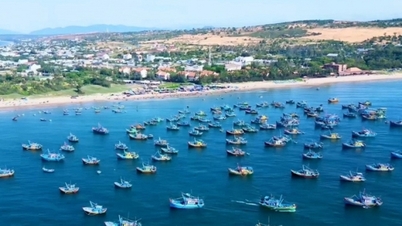





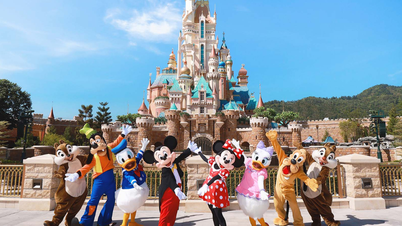



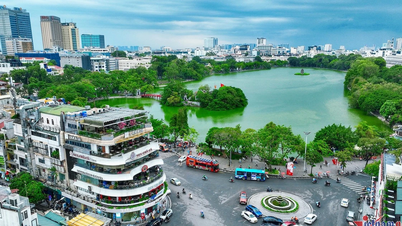

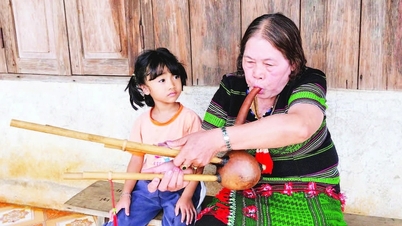
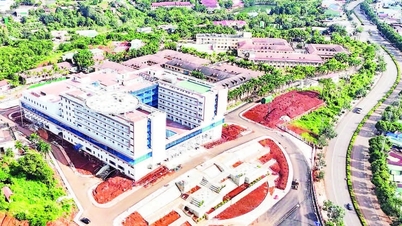




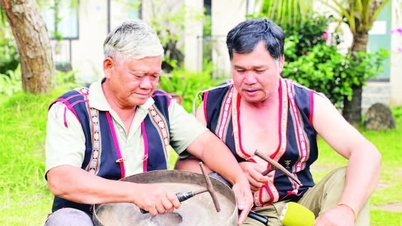






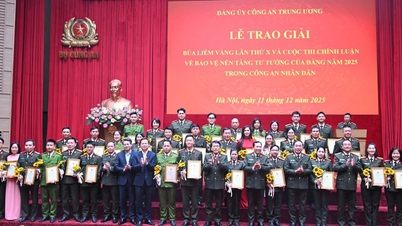


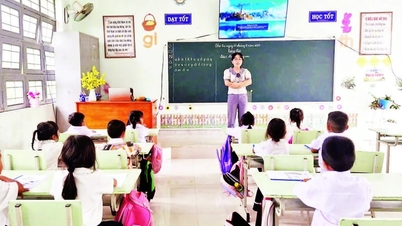






















![[OFFICIAL] MISA GROUP ANNOUNCES ITS PIONEERING BRAND POSITIONING IN BUILDING AGENTIC AI FOR BUSINESSES, HOUSEHOLDS, AND THE GOVERNMENT](https://vphoto.vietnam.vn/thumb/402x226/vietnam/resource/IMAGE/2025/12/11/1765444754256_agentic-ai_postfb-scaled.png)
































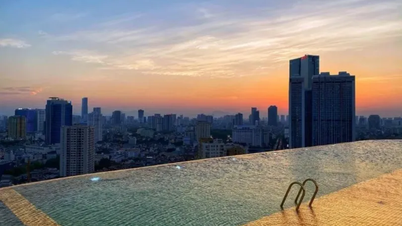













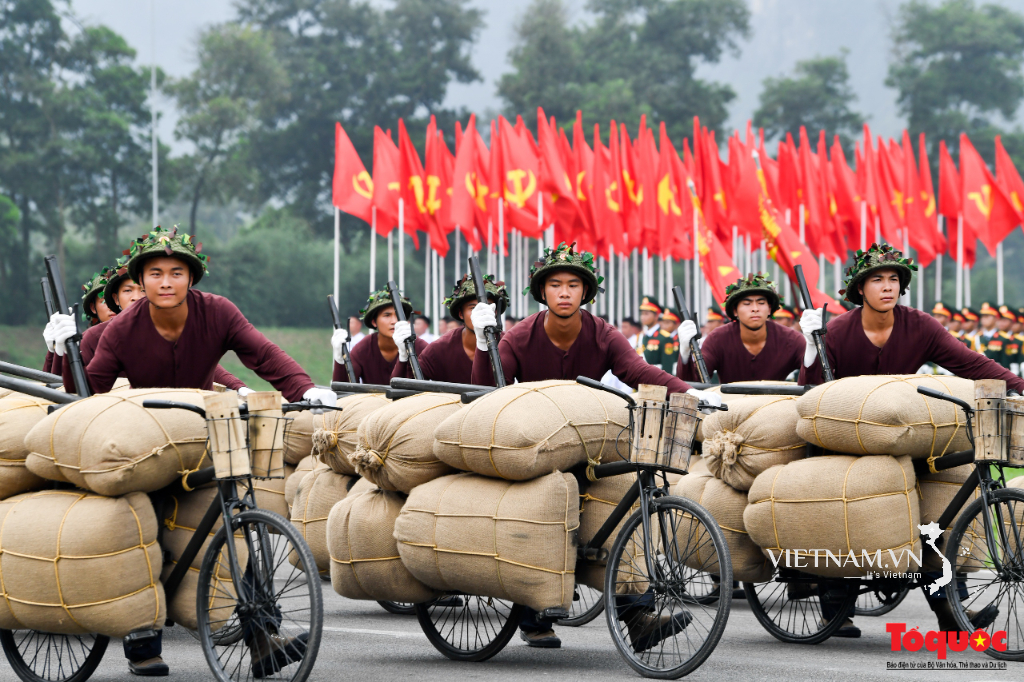



Comment (0)